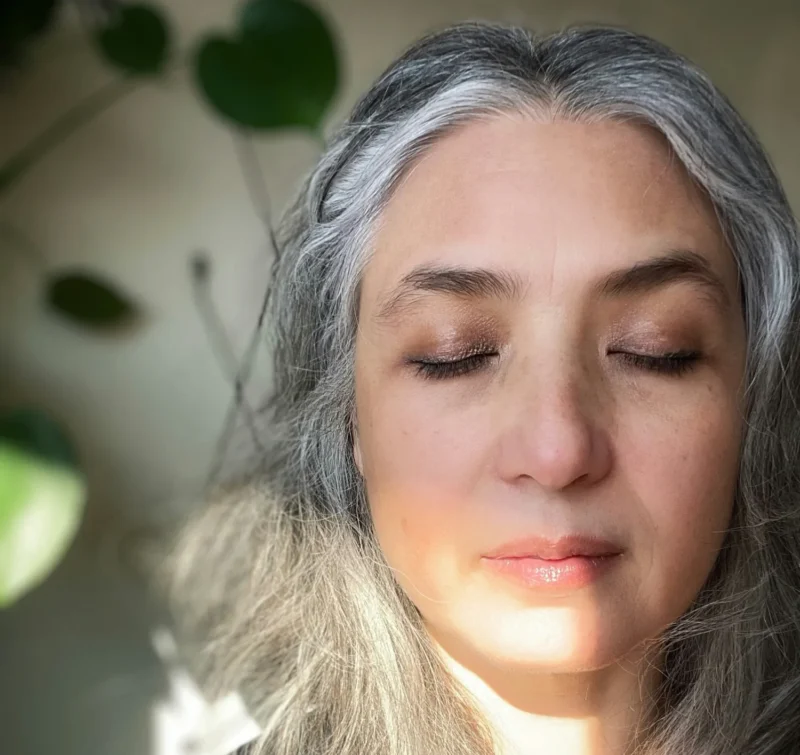
LGBTQIA+ Experiences
Gender and sexuality are core parts of who we are. When they’re affirmed and respected, they can be powerful sources of connection, pride, and joy. But when met with stigma, misunderstanding, or exclusion, they can also become sites of pain, fear, or deep distress. At Seed Psychology, we understand how these experiences can affect mental health. We offer a space where LGBTQIA+ clients feel seen, understood, and genuinely supported. Whether you’re exploring identity, navigating coming out, facing discrimination, or simply looking for a therapist who gets it, you’re not alone.
How Identity and Mental Health intersect
Gender and sexuality often intersect with mental health in complex ways. Some of the experiences we support include:
- Anxiety, depression, or low self-worth
- Stress around coming out or being “outed”
- Gender dysphoria or identity confusion
- Isolation or difficulty finding safe community
- Grief or trauma linked to rejection or discrimination
- Internalised stigma (e.g. homophobia, transphobia, biphobia)
- Relationship or family strain
- Suicidal thoughts or self-harm
- Using substances to cope
These challenges aren’t inherent to being LGBTQIA+—they’re often a response to living in a world that doesn’t always affirm your existence.
Social and systemic stressors
LGBTQIA+ people often face unique pressures that can impact wellbeing, including:
- Minority stress: the emotional toll of navigating daily life in a marginalised identity
- Discrimination in schools, workplaces, healthcare, or faith communities
- Family rejection or disconnection
- Bullying or harassment
- Limited access to gender-affirming and inclusive care
- Media invisibility or harmful representation
On top of this, many queer and trans people are asked to constantly explain or defend who they are. That pressure can be exhausting, and dehumanising.
Who we support
We work with people across the full LGBTQIA+ spectrum, including:
- Those exploring or questioning identity
- Trans, non-binary, and gender-diverse individuals
- Lesbian, gay, bisexual, pansexual, queer, and asexual people
- Intersex people navigating body autonomy or medical trauma
- LGBTQIA+ people of colour
- People holding multiple identities (e.g. cultural, faith-based, disabled)
- Those navigating parenting, family-building, or relational shifts
Whatever your age, identity, or where you are on your journey—you belong here. Your story matters.
What might help
Queer and trans people often develop deep insight, creativity, and resilience. If you’re navigating identity-related stress, finding your place, or healing from harm, some things that may support you include:
- Connecting with affirming communities or peer networks
- Exploring your identity in safe, non-judgemental spaces
- Setting boundaries with those who don’t affirm your truth
- Finding role models and representation that reflect your experience
- Affirming your body and identity in ways that feel right for you
- Challenging internalised shame or self-blame
- Seeking therapy with someone who genuinely understands
You don’t have to do it alone. Safe, respectful support is possible.
How we can help
Our Psychologists offer LGBTQIA+ affirming support grounded in cultural humility, care, and lived experience. We understand how important it is to be met as a full human-not just as a label or diagnosis.
Therapy may support you to:
- Explore identity or come out safely
- Navigate anxiety, depression, or gender dysphoria
- Heal from trauma or past rejection
- Build intimacy, safety, and clarity in relationships
- Support your gender affirmation process
- Reconnect with self-worth, joy, and community
Our team includes Psychologists with both lived and professional experience supporting LGBTQIA+ clients. We’re here to walk alongside you—whether you’re in pain, in transition, or in a period of growth.
Through connection,
change is possible
Our compassionate team at Seed Psychology is here to help you regain your wellbeing and navigate life’s challenges with greater confidence and clarity. Connect with us to book an appointment with a psychologist in our Brunswick clinic or via telehealth Australia-wide.
Available resources
Meet our amazing team of therapists
Our diverse team of psychologists offer individual, couples, and online therapy, as well as assessments. Beyond their expertise, they bring humanity and care, providing respectful, affirming support tailored to each person’s unique experience.
Freqeuently asked questions
-
You do not need a referral to see a Psychologist at Seed Psychology. However, if you’d like to claim a Medicare rebate, you will need a Mental Health Care Plan (MHCP) from your GP. With a MHCP, you may be eligible for rebates on up to 10 sessions per calendar year. These sessions can be used at any psychology clinic of your choice. To access Medicare psychology rebates, book an appointment with your GP and ask for a Mental Health Care Plan. Most referrals begin with 6 sessions, with the option to access 4 more after a review. Referrals can also be provided by a psychiatrist or paediatrician.
-
Yes, we offer in person sessions at our Brunswick East practice and secure online appointments. Our online services make it easy to connect with your Psychologist from anywhere, offering flexibility without compromising on care. Whether you attend in person or online, you’ll receive consistent, high-quality support.
-
To book an appointment, simply use our booking form, or call our client care team on 9388 8113.
-
Our goal is to make mental health care approachable, inclusive, and clear—so you always know what to expect.
Individual Therapy Sessions
- Private clients (no referral): $255 – $285
- Clients with a MHCP: $230 – $285
- Medicare rebates: $96.65 – $141.85 per session (depending on the clinician)
- Private clients (no referral): $255 – $285
-
At Seed Psychology, your safety and wellbeing are our highest priorities. While we are here to support you through regular therapy sessions, we are not a crisis service and may not be available outside of scheduled appointments. If you or someone you care about is in immediate danger, experiencing a mental health crisis, or needs urgent support, it’s important to seek help straight away through the appropriate emergency or crisis services. You can find a list of trusted organisations and services here that can provide immediate support when you need it most.











